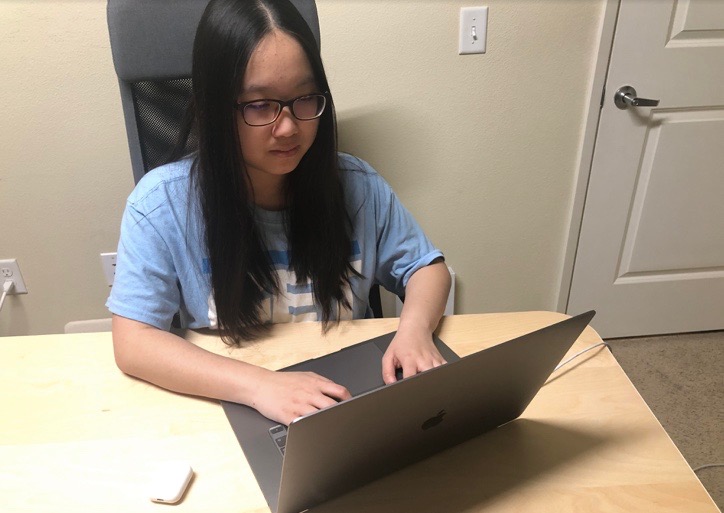ZHI JIAO DANIELLE GOH WRITES — As news of different countries locking down and closing their borders increases, the online world, however, has been more connected than ever. In particular, higher-education institutions around the world are aiming to short-circuit the developing pandemic by transforming their classroom pedagogy into smart, virtual, on-line classes.
Loyola Marymount University (LMU), for example, successfully conducted an online class earlier this week (17-18 March) with Yonsei University students based in South Korea. It was the first of four two-hour on-line, real-time, peppy prof-to-students-to prof seminars. But this was nothing new for us: They are given every Spring Semester at LMU; and now, of course, virtually the entire LMU curriculum is going online to triumphantly finish out the semester. This was my first time with this course, and I loved it.
Technology has earned itself the infamy of eroding rather than deepening true human connection since its rise. Interestingly, in this time of difficulty, it has proven otherwise. Students returning home from different time zones have been able to continue attending classes together through the internet. Online classes may not be able to create certain classroom environments that physical classes can offer. Nonetheless, they can be very interactive as students can view and converse with all individuals on their screens.
Different video-chatting platforms have interactive functions, such as screen-sharing for the teachers to show their PowerPoints and films, just as they could with physical projectors; and virtual hand-raising has helped to encourage more introverted students to ask questions, and whiteboard-drawing has allowed teachers with iPads to draw diagrams and write notes for students to see. All these functionalities have helped facilitate classes all around the globe, and universities like LMU and nearby UCLA offer their professors premium access to Zoom to host class sizes up to hundreds of people.
LMU’s Asia Media has been working ahead of times in creating virtual seminars with prestigious Yonsei University for the last five years, and before that with Fudan University in Shanghai. Universities can build on this sort of experience in a variety of ways, including planning future syllabuses that involve online class structure to enhance technical preparedness across all departments to anticipate future unprecedented circumstances.
In this online education moment, it is also worth noting that there is still digital inequality across the globe. There are rural students in the developing world who are struggling to connect in this new remote learning setting. At the same time, worries have been expressed about the lasting impact of the COVID-19 crisis working against globalization, considering that Coronavirus was able to spread rapidly and uncontrollably. Market vulnerabilities like fragile production chain and lack of diversifying have been exposed. Policymakers should take this opportunity to review the current system calmly. They should not pick up the wrong lessons. COVID-19 is a test not only to our healthcare systems around the globe, but also in our ability to adapt to sudden disruptions.
As long as there isn’t a new virus attacking the computers, technology can help us remain active, but even if there is one, humans will always adapt and innovate a solution. ‘Asia Media Perceptions,’ the ongoing online course from LMU’s Departments of Asian and Asian American Studies and Political Science – aggressively encouraged from the outset a half dozen years ago by the innovative International Relations Program and continually operated out of the Asia Media Center – is one way to go. And it works.
It certainly is working for this student.
LMU Senior Daniele Goh is an international student from Singapore who will soon be joining the staff of Asia Media International. She is pictured on the top line, second from the left, in one snap of the class as it was coming online Tuesday night in Los Angeles, which is around noon time in South Korea. Yonsei Prof Hans Schattle is pictured upper left, spot one; LMU Clinical Prof Tom Plate occupies row three, three from left — these are the spring course’s overseers. Their academic journal article on the theory and practice of thus trans-Pacific course can be found at:



Hi Daniele,
Please know how much I loved this piece. I love your optimism, your openness to truth, and, of course, your crystalline writing. Thanks also for honoring your profs in the picture at the end.
Please take care during this time–including plenty of those “two Happy Birthday” handwashings,
TLS